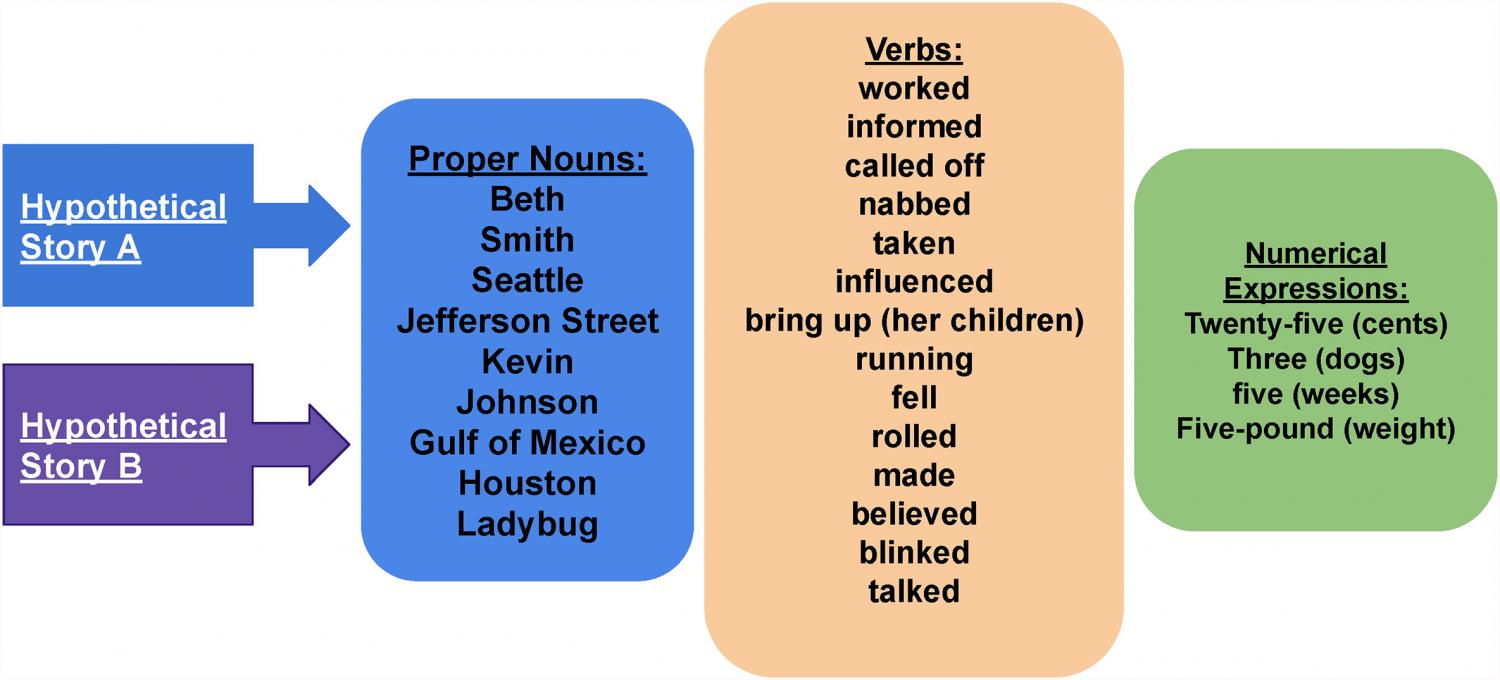
Elsevier, Cortex, Volume 131, October 2020
Due to advances in the early detection of Alzheimer's disease (AD) biomarkers including beta-amyloid (Aβ), neuropsychological measures that are sensitive to concurrent, subtle changes in cognition are critically needed. Story recall tasks have shown sensitivity to early memory declines in persons with mild cognitive impairment (MCI) and early stage dementia, as well as in persons with autosomal dominantly inherited AD up to 10 years prior to a dementia diagnosis. However, the evidence is inconclusive regarding relationships between evidence of Aβ and story recall measures. Because story recall tasks require the encoding and delayed retrieval of several lexical-semantic categories, such as proper names, verbs, and numerical expressions, and because lexical categories have been shown to be differentially impaired in persons with MCI, we focused on item-level analyses of lexical-semantic retrieval from a quintessential story recall task, Logical Memory from the Wechsler Memory Scale-Revised. Our objective was to investigate whether delayed recall of lexical categories (proper names, verbs and/or numerical expressions), as well as the traditional total score measure, was associated with “preclinical AD,” or cognitively unimpaired adults with positive Aβ deposition on positron emission tomography (PET) neuroimaging using Pittsburgh Compound B (PiB). We developed an item-level scoring system, in which we parsed items into lexical categories and examined the immediate and delayed recall of these lexical categories from 217 cognitively unimpaired participants from the Wisconsin Registry for Alzheimer's Prevention (WRAP). We performed binary logistic regression models with story recall score as predictor and Aβ status (positive/negative) as the outcome. Using baseline Logical Memory data, proper names from delayed story recall were significantly associated with Aβ status, such that participants who recalled more proper names were less likely to be classified as PiB(+) (odds ratio =.58, p =.01). None of the other story recall variables, including total score, were associated with PiB status. Secondary analyses determined that immediate recall of proper names was not significantly associated with Aβ, suggesting a retrieval deficit rather than that of encoding. The present findings suggest that lexical semantic retrieval measures from existing story recall tasks may be sensitive to Aβ deposition, and may provide added utility to a widely-used, long-standing neuropsychological test for early detection of cognitive decline on the AD continuum.
